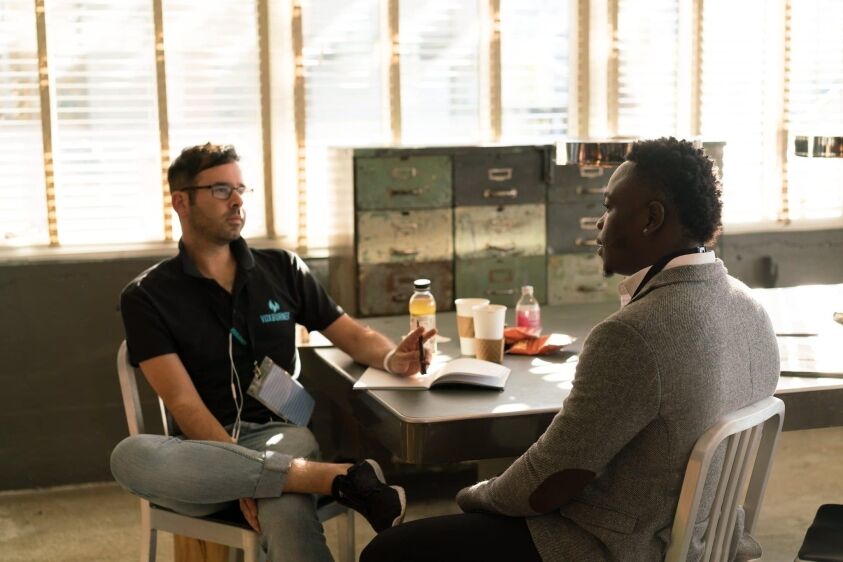As a startup, your employees are one of the most important investments you’ll make. The quality of talent you’re able to not only hire, but also maintain, can be a determining factor in whether you succeed or not. However, along with not being experts in a lot of areas they’re now in control of, founders aren’t always experienced in making hiring decisions. They may not have had experience in interviews, or assessing cultural fit. As a result of this lack of experience, here are some of the most common hiring mistakes made by startups.
Not knowing & understanding your mission.
As a founder, you will have a pretty clear idea about your goals and where you would like to see your business. However, it can be hard to put this onto paper. You may not have put together a mission statement, or written down the kind of values that you would like to see in your team. When you look to grow your team, the mission and your values will be one of the most crucial aspects in hiring. Not only for you to be able to decide whether or not you believe the candidate matches the company. But also for candidates to decide whether or not they believe they will fit into your company. If you have a clear mission and set of values outlined from the very beginning, any hires you make will understand those and the direction you’re wanting to take the business. As such, you will have a cohesive team all working towards the same goal. Hiring all-rounders.
When in your infancy, you need to wear a number of hats. You’re might be the head of sales, marketing, product, client services (and IT if you’re a tech founder). But this doesn’t mean you should be hiring others who do the same. Yes they may have to wear several hats at some stage. But if you hire generalists for the sake of them being generalist, you risk ending up with someone who is average at a number of things but excellent at nothing. As well as this, when you do start to grow, this team member becomes obsolete as you build specialist teams. When you need to hire, it’s important to figure out what skills you need the most. And the hire the best person with those skills that you can find. This way, you might still have to wear several hats in the meantime. But that person will be able to lead and grow that business function, and their skills won’t become obsolete. Hiring your Mates
Not hiring your friends is almost common knowledge. Sometimes it works, but chances are more likely than not that this is going to end badly. Firstly, because of your friendship, you may not see that your friend isn’t right for the job in the first place, maybe they don’t have the skills, or their personality doesn’t really match up to your business’s values. And when things go wrong, it can become hard to see the line between business and personal. Hiring your friends can lead to a failed business and a broken friendship if not done cautiously. Hiring Yourself
It’s natural to be drawn to people like yourself. You may get along and they see the things the same way as you. But this isn’t always a good thing for your business. Sometimes the best thing your business needs is a new perspective. Someone to look at your problems for a new angle with a different mind-set. Hiring someone that questions you and your decisions (in a healthy way) is a good thing. When your in your growth stage, its important to hire team members who will drive your business forward in ways that you can’t. Filling roles to quickly.
Everything goes right, the customers start coming in and you need to grow. This is when the pressure is on to grow the team to scale efficiently. But this pressure to grow the team quickly can also lead to comprising on the quality/suitability of the candidate. Don’t let it. This is when it’s extremely important to make sure your hiring the candidates with not only the right skills, but those that fit the culture. If you get this wrong, you’ll be left with issues down the track. But if you get this right and you find the right candidates in that growth stage. You’ll have team members that will help lead the company culture and brand. 